The views expressed in our content reflect individual perspectives and do not represent the official views of the Baha'i Faith.
You cannot judge any man beyond your knowledge of him, and how small is your knowledge.
– Kahlil Gibran, Sand and Foam, p. 49.
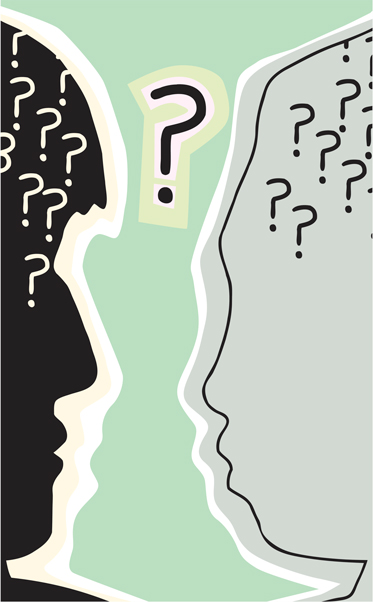 Have you ever judged someone before you knew anything about him or her? I know I have, and I’m sure many of us have judged someone at one time or another. Merriam-Webster defines it in the following manner: to form an estimate or evaluation of; especially: to form a negative opinion about.
Have you ever judged someone before you knew anything about him or her? I know I have, and I’m sure many of us have judged someone at one time or another. Merriam-Webster defines it in the following manner: to form an estimate or evaluation of; especially: to form a negative opinion about.
Imagine this for a moment: a man in his early 20’s races at 80 miles-per-hour down the highway (in a 65 mph zone), swerves in and out of both lanes, and ignores the honking and expletives shouted his way by fellow (irritated) drivers. He drives a dilapidated vehicle that spews gray exhaust. You may think to yourself, man, that guy is crazy! Or, what’s wrong with him? Is he under the influence? Is he street racing? He looks dangerous!
In actuality, that young man hurries to get his sick infant daughter to the hospital. The inexperienced first-time father doesn’t know why his daughter stopped breathing and he panicked. His cell phone died, and his young wife is working a double shift since he got laid off. Scared, he hopes the hospital will help them even though they don’t have health insurance.
Does this knowledge change your perspective regarding his erratic driving? Do you still judge him or have a negative opinion of him?
What about this: imagine you’re at work. Your assignment entails organization, speed, accurate dates and spelling, and instructions are provided to you verbally. A colleague working on this project with you makes numerous mistakes, reverses letters and dates, and forgets the instructions repeatedly. She gives little eye contact and rarely smiles. Your project suffers and you contemplate confronting her.
What if you learn that your colleague has a disability, and works as part of a disability-work alliance? A person with significant learning disabilities in both reading and writing, she suffers significant memory delays, experiences severe anxiety, and learns best visually. She needs visual directions rather than verbal instructions, and she needs encouragement and repetition. Her eye contact issues and lack of smiling occur because of low confidence and anxiety. Does your perspective shift? Do you judge her less?
Many of the world’s Faiths discuss the importance of not judging others. For example, in the Bible, it says:
Do not judge by appearances, but judge with right judgment. – John 7:24
Here’s an example from Judaism:
Don’t judge your fellow human being until you have reached that person’s place. – Rabbi Hillel the Elder
The Baha’i writings, too, offer us guidance around this topic. Baha’is believe that not only are all humans equal, but we also shouldn’t be prideful or elevate ourselves over one another, as this quote from The Hidden Words demonstrates:
O Children of Men! Know ye not why we created you all from the same dust? That no one should exalt himself over the other. Ponder at all times in your hearts how ye were created. Since We have created you all from one same substance it is incumbent on you to be even as one soul, to walk with the same feet, eat with the same mouth and dwell in the same land, that from your inmost being, by your deeds and actions, the signs of oneness and the essence of detachment may be made manifest. Such is my counsel to you, O concourse of light! Heed ye this counsel that ye may obtain the fruit of holiness from the tree of wondrous glory. – Baha’u’llah, The Hidden Words, p. 20.
Baha’u’llah seems to say here that because we were created equally as we all come from the same “dust,” we should treat each other as if we were “one soul,” and we should be detached from the material and superficial differences that seemingly exist between us.
As fallible humans on this planet together, we all make mistakes. We all have flaws, and we all have bad days. We don’t know each person’s story or the challenges someone faces. At first glance, we don’t know what that speeding young man experiences, or that our female colleague has learning disabilities. Let’s concentrate our energies less on preconceived notions and rash judgments, and focus instead on our shared humanity and equality. Let’s shift our perspective.


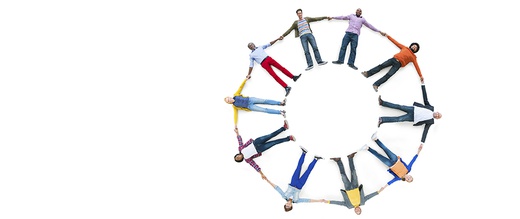



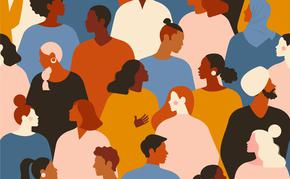
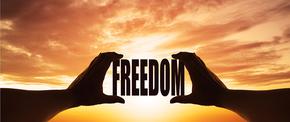






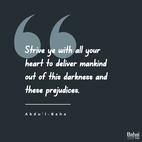
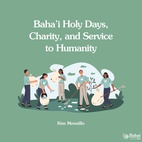

Comments
Sign in or create an account
Continue with Facebookor